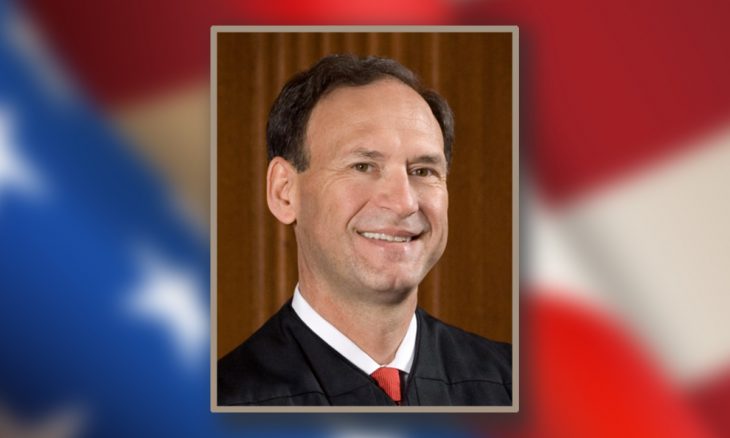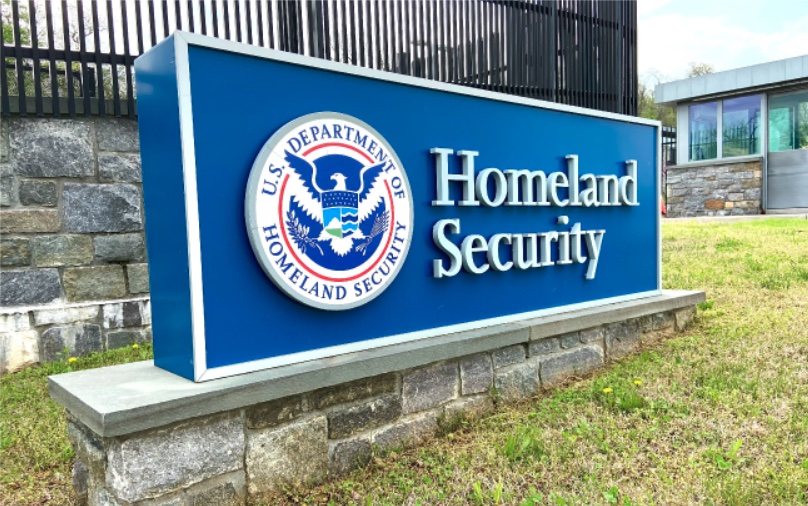Justice Samuel Alito
Supreme Court of the United States
Samuel Anthony Alito, Jr., was born in April 1950 in Trenton, New Jersey. He earned an undergraduate degree from Princeton University’s Woodrow Wilson School of Public and International Affairs, then received his Juris Doctor at the Yale Law School. While at Princeton, he took time to study in Italy, writing a thesis on that country’s legal system. He was a member of the school’s Army ROTC program, attending a six-week basic training camp at Fort Knox, Kentucky. He was commissioned a second lieutenant in the Army Signal Corps and assigned to the U.S. Army Reserve. He served a period of active duty after graduating from Yale, and was a captain when he received an honorable discharge.
After law school, he clerked at the U.S. Third Circuit Court of Appeals, before becoming an Assistant United States Attorney for the District of New Jersey, a position he held for four years. He was named Assistant to the U.S. Solicitor General, which gave him the opportunity to argue a dozen cases before the Supreme Court on behalf of the federal government. After four years at that post, he became Deputy Assistant Attorney General during the tenure of Edwin Meese, later becoming the United States Attorney for the District of New Jersey. He taught classes in constitutional law as an adjunct professor at Seton Hall University School of Law in Newark.
Alito was nominated by President George H.W. Bush to be a judge on the U.S. Third Circuit Court of Appeals. He was confirmed by unanimous consent in the Senate and received his commission in April 1990. In 2005, President George W. Bush nominated Alito to a seat on the United States Supreme Court, replacing retiring Justice Sandra Day O’Connor. After a failed filibuster attempt, the Senate confirmed him on a near party-line vote of 58-42. He assumed office on January 31, 2006.
He is married to Martha-Ann Bomgardner Alito, and they have two grown children. He is Catholic.
In the News…
The Supreme Court decided that a congressional district on South Carolina’s coast was not racially gerrymandered, overturning a federal district court ruling.
Justice Samuel Alito wrote the 34-page decision that authorized the state to use the congressional district map. The opinion said that the lower court ruling inferred “bad faith based on the racial effects of a political gerrymander in a jurisdiction in which race and partisan preference are very closely correlated.”
The opinion stated that the Supreme Court has “repeatedly emphasized that federal courts must ‘exercise extraordinary caution in adjudicating claims that a State has drawn district lines on the basis of race.‘”
“Such caution,” Justice Alito wrote, “is necessary because “[f]ederal-court review of districting legislation represents a serious intrusion on the most vital of local functions.”
Contact this Leader…
Did you pray for Justice Alito today? You can let him know at:
The Honorable Justice Samuel Alito
Supreme Court of the United States
1 First Street NE
Washington, DC 20543









